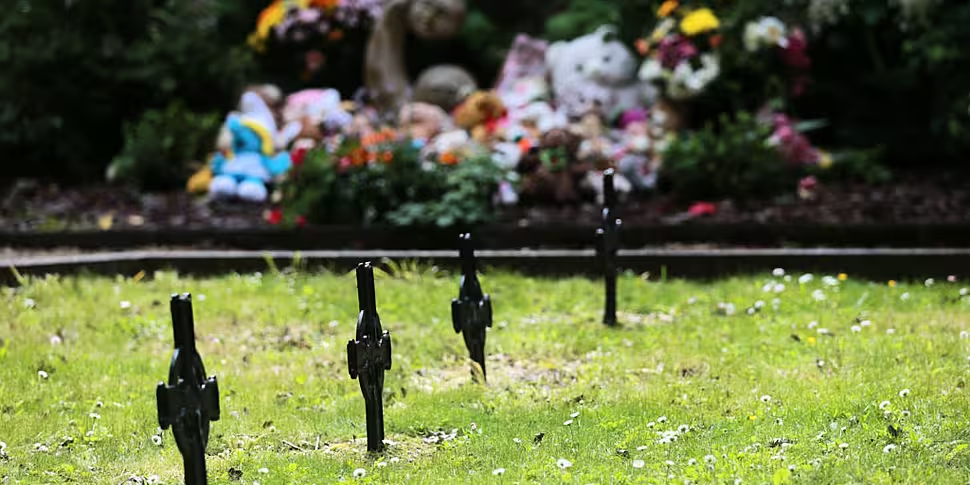The Minister for Children has said he agrees that women in Mother and Baby Homes felt they had "absolutely no choice" but to accept an adoption.
This week, Micheál Martin apologised on behalf of the State for the "profound generational wrong" perpetrated against women and children in the homes.
He said the country embraced a "perverse religious morality and control" and admitted that the State failed the mothers and children who were sent there.
The report found Ireland had a “stifling, oppressive and brutally misogynistic culture” towards unmarried mothers and their children and highlighted the "particularly harsh treatment" that women who gave birth outside marriage were subject to.
The Commission of Investigation objected to the use of the term 'forced adoption,' which is one used often by the survivors.
It also says it has found little evidence to suggest babies were taken from their mothers forcibly.
However, Minister Roderic O'Gorman stated that his own interpretation of the report is that these women were left with no other option but to part ways with their children.
Speaking to On The Record with Gavan Reilly, he said many survivors were "abandoned by their families" and pressurised by "local authority figures like clergy or doctors".
"In particular, the fact that the State had never put in place any financial supports for unmarried mothers prior to 1973 left them in situations where they felt they had absolutely no choice but to accede to an adoption," he said.
"My interpretation is that the Commission took a very legalistic approach to that issue of consent and they took a finding that they could not see that consent was compelled.
"But from my own reading, it is very clear that these women were left with absolutely no choice because of the circumstances in which they were in.
The Minister said evidence of this absence of choice is evident in the report from the description of what happened, but "particularly when you read the personal accounts from the chapter of the confidential committee".
"You see time and time again women put in incredibly difficult situations, incredibly difficult circumstances and taking actions which had support been provided by the State, I think we all know, they would have taken different responses."
Minister O'Gorman added that he "absolutely understands" the upset that was caused by the report being leaked the weekend before its official publication.
"This report is incredibly harrowing for anyone to read, but for those who were actually present and lived in these institutions, I can only try and imagine how difficult it is to read through this report, look at the recollections of so many former residents and the circumstances they went through," he said.
"My focus as Minister and as part of the Government is the set of responses that we've set out, the 22 action points, to start to address the issues, both that were flagged by the report but also have been discussed with me by survivors."
He acknowledged that some survivors are unhappy at how their personal responses were noted by the confidential committee but said the Government's focus was on information and tracing legislation and the restorative recognition scheme.









